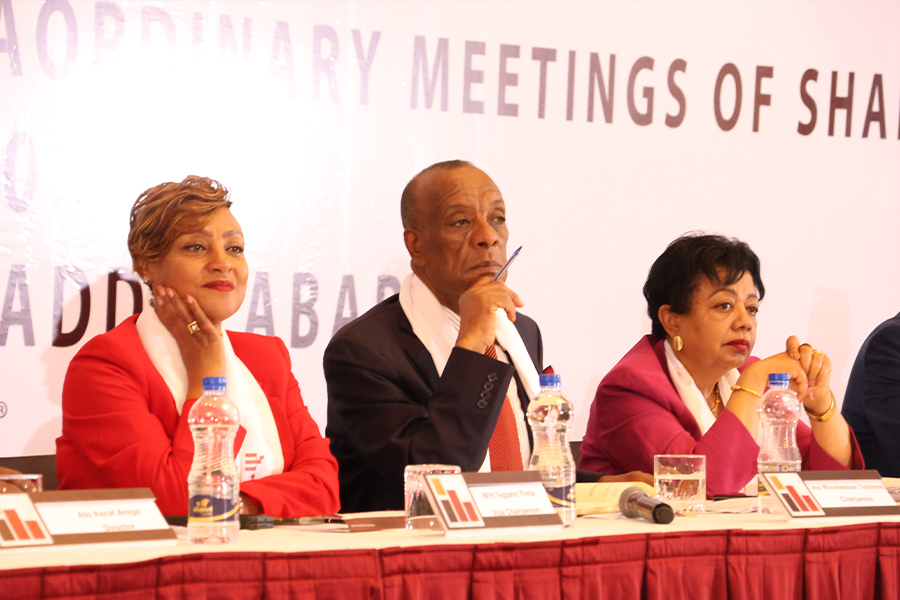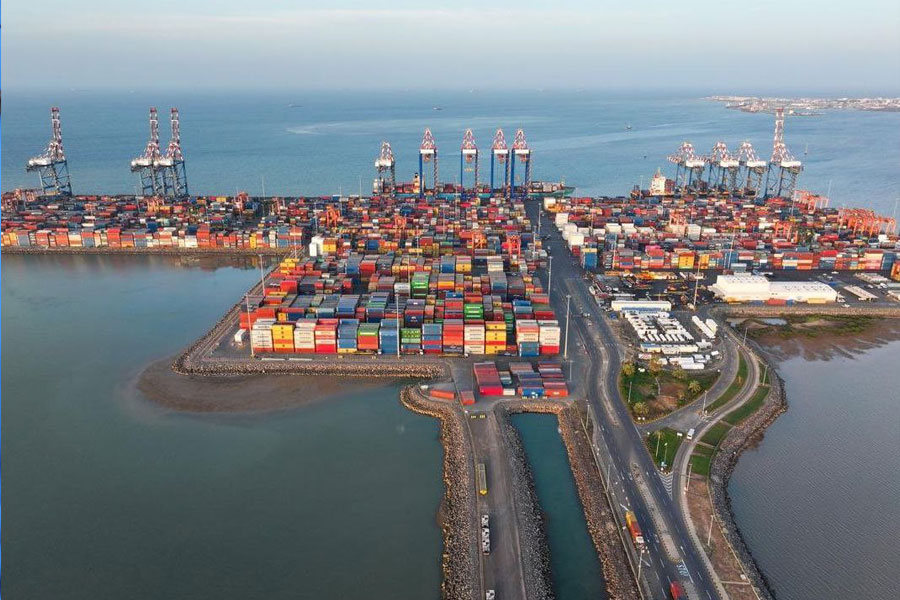
Fortune News | Feb 14,2024
Jul 15 , 2023
By MUNIR SHEMSU ( FORTUNE STAFF WRITER )
Amidst revived interest in accession to international trade organizations, Ethiopia is set to pay a 2.1 million dollar membership fee which got approved by regulators at the National Bank of Ethiopia (NBE) three weeks ago.
The approval comes following a suspended payment to the Common Market for Eastern & Southern Africa (COMESA) for the past couple of years and observer fees for the World Trade Organization (WTO).
The Ministry of Trade & Regional Integration State Minister Kassahun Goffe revealed the impending payments this month while presenting his Ministry's final report to the Standing Committee on Trade & Tourism Affairs chaired by Asha Yahya.
After the remnants of the Preferential Trade Area (PTA) that was in operation since 1981, the 21-member strong COMESA was formed in 1994 with an ambition to cooperate in developing natural and human resources. While 16 of the members have implemented free trade area treaties since its introduction in the year 2000, Ethiopia has only managed 10pc reduction in duties for trade between member states.
Tages Mulugeta, head of international & regional integration at the Ministry, indicated that Ethiopia averages around a million dollar annual membership fee which is based on economic contributions. He said the increased amount is due to suspending payments over the past two years.
According to Tages, Ethiopia is pursuing the expansion of trade integrations in both regional capacities like COMESA and continent-wide blocks like the African Continental Free Trade Area (AfCFTA).
"Increased regional trade will incentivise productivity," he told Fortune.
Tages said efforts to progressively slash duties and actively participate in the regional trade bloc are underway. However, he told Fortune that no decision has been made yet on how regional blocs will be treated under AfCFTA.
"Careful calibration is of strategic importance in maintaining economic and political sovereignty," he said.
A yellow card scheme which provides third-party legal liability cover and compensation for medical expenses resulting from road traffic accidents caused by visiting motorists is under development between Djibouti and Ethiopia, according to Tages.
In the year 2021/22 fiscal year, Europe accounted for 40.8pc of Ethiopia’s total exports. Africa accounted for a mere 12pc, of which a little over half was to Somalia, which predominantly imports khat from Ethiopia.
Exporters believe the low productivity might have served as off-putting while mentioning the huge untapped market in trading with neighbouring countries through legal and coordinated channels.
Sisay Amare, president of the Ethiopian Pulses, Oilseeds & Spices Processors Exporters Association (EPOSPEO), observes a working misconception that exports only mean to the Western world. He emphasises a huge amount that can be chopped down in logistics costs as exporting to neighbours means inland road transport expanding the returns.
He reasons that mere traditional cross-border trade that occurs around national borders could significantly boost the country's exports if the proper infrastructure for customs clearing, banking and technology-backed border control is ushered in.
Sisay keenly noted that a significant advantage in "peer-to-peer" transactions boosts trade significantly as less stringent standards on quality are imposed.
"It can't be overstated how advantageous trade with regional blocs would be," he told Fortune.
Intra-trade between COMESA member countries was a little over 13 billion dollars in the year that ended in December of 2021, with Ethiopia managing to account for around five percent with 512 million dollars.
A growing number of companies are cross-listed in security exchanges in multiple member countries. Researchers observe regional blocs serve as a training ground before joining multilateral or international organizations like the WTO.
Seyoum Chane, policy, research & advocacy manager at the Addis Chamber of Commerce & Sectoral Association (ACCSA), says membership fees are minuscule compared to the benefits provided by trading blocs like COMESA.
While previous administrations had been resistive towards accepting free market ideologies that predispose countries towards joining trade blocs, Seyom cites the revived attempt at accession to the WTO as a step in the right direction.
He noted how members of the seven-member country-strong East African Community (EAC) bloc have integrated to a significant degree with intentions of creating a customs union.
"Trading blocs significantly augment the market reach of businesses," he told Fortune.
PUBLISHED ON
Jul 15,2023 [ VOL
24 , NO
1211]

Fortune News | Feb 14,2024

Fortune News | Jun 29,2025

Radar | May 25,2019

Viewpoints | Jul 17,2022

Radar | Nov 09,2024

Radar | Jul 08,2023

Sunday with Eden | Jun 07,2025

Radar | Aug 22,2020

Radar | Sep 14,2019

Fortune News | Jun 11,2024

Dec 22 , 2024 . By TIZITA SHEWAFERAW
Charged with transforming colossal state-owned enterprises into modern and competitiv...

Aug 18 , 2024 . By AKSAH ITALO
Although predictable Yonas Zerihun's job in the ride-hailing service is not immune to...

Jul 28 , 2024 . By TIZITA SHEWAFERAW
Unhabitual, perhaps too many, Samuel Gebreyohannes, 38, used to occasionally enjoy a couple of beers at breakfast. However, he recently swit...

Jul 13 , 2024 . By AKSAH ITALO
Investors who rely on tractors, trucks, and field vehicles for commuting, transporting commodities, and f...

Oct 25 , 2025
The regulatory machinery is on overdrive. In only two years, no fewer than 35 new pro...

Oct 18 , 2025
The political establishment, notably the ruling party and its top brass, has become p...

Oct 11 , 2025
Ladislas Farago, a roving Associated Press (AP) correspondent, arrived in Ethiopia in...

Oct 4 , 2025
Eyob Tekalegn (PhD) had been in the Governor's chair for only weeks when, on Septembe...